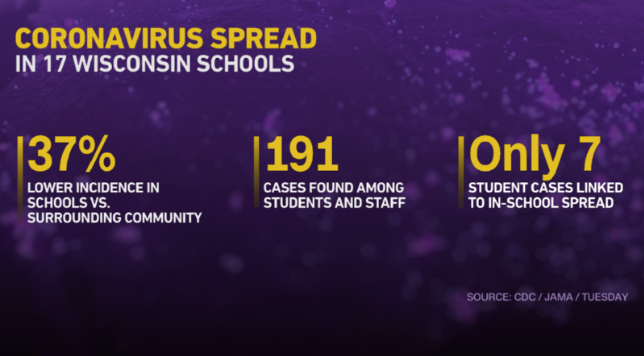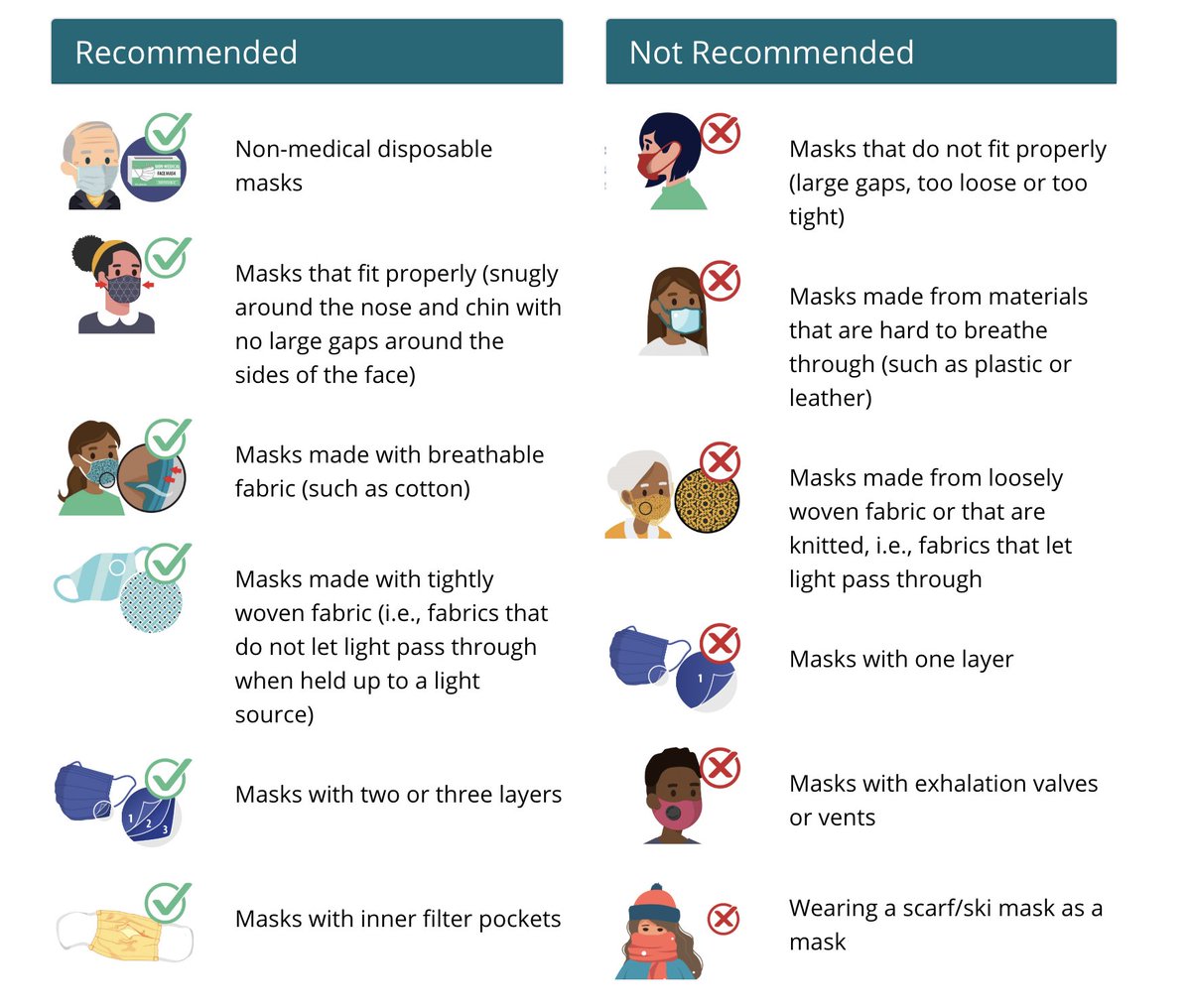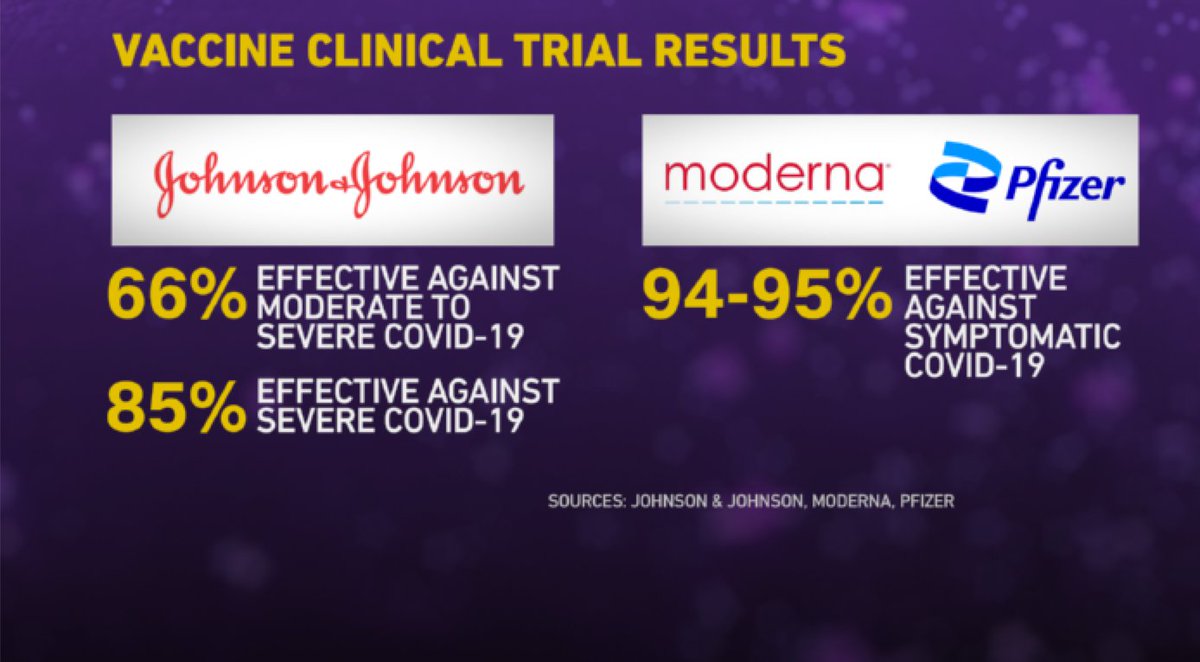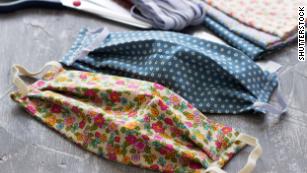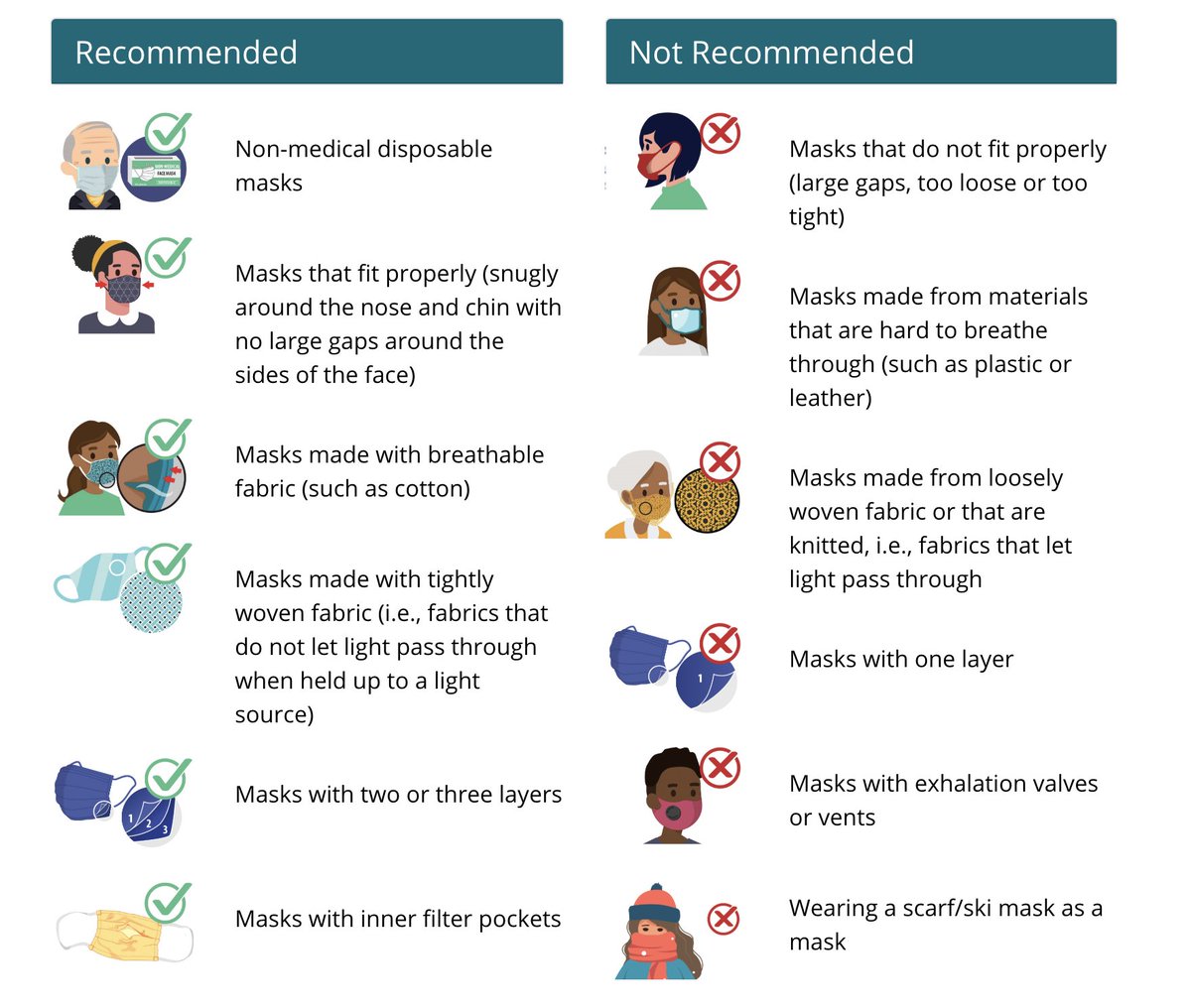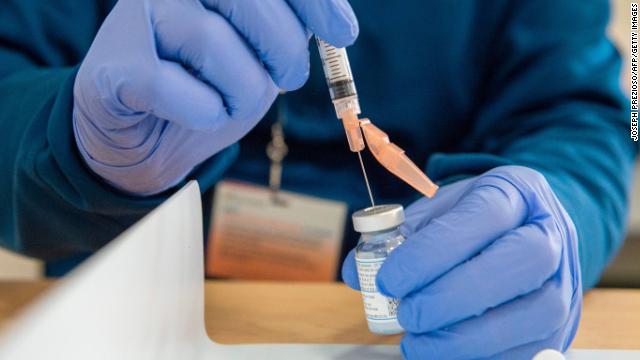
It’s important to remember that coronaviruses mutate all the time. And, the more they spread, the more mutations can happen. That is why simply reducing transmission is the key to reducing new variants. (1/8)
So far we have identified variants by calling them things like B.1.1.7 or B.1.351, or associating them with where they were first identified. (2/8)
But, a group of researchers has found a better way - naming them after birds - or at least that’s what they did for a new crop of variants that they’ve found in the US. (I personally love the bird names -- naming variants like we name hurricanes) (⅜)
cnn.com/2021/02/14/hea…
cnn.com/2021/02/14/hea…
Researchers found these variants because they went looking in the coronavirus genetic code. But not to worry yet, study author Jeremy Kamil said on CNN, ”We don't have evidence yet that this is making the virus more transmissible or in any way more dangerous.” (4/8)
We don’t exactly know the significance of these mutations without more research. Like I said, coronaviruses mutate all the time, generally in ways that are harmless to us. But we do know of several other concerning variants that have already spread to more than 40 states. (5/8)
Scientists worry more contagious variants “could jeopardize the progress we have made in the last month if we let our guard down,” per CDC Director Dr. Rochelle Walensky.cnn.com/2021/02/17/hea… (6/8)
This includes at least 1,277 known cases of the B.1.1.7 strain first identified in the UK -- a country that does a lot more sequencing than we do. cdc.gov/coronavirus/20… (7/8)
The good news: There are plans to invest nearly $200 million to ramp up to 25,000 sequences per week in the US. Dr. Walensky didn’t say exactly how soon we’d get there, but that’s much closer to what experts recommend than where we are now. (8/8)
• • •
Missing some Tweet in this thread? You can try to
force a refresh

